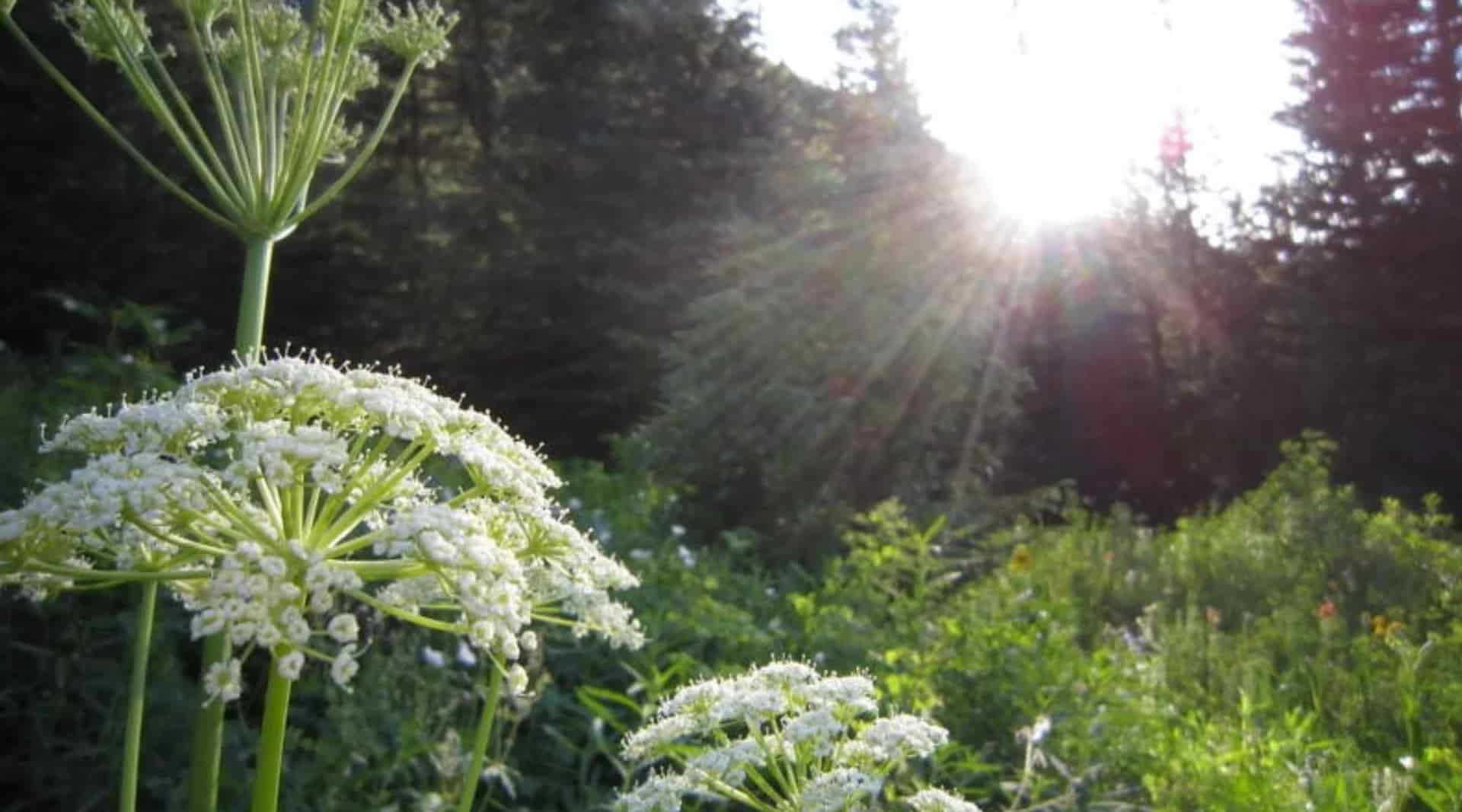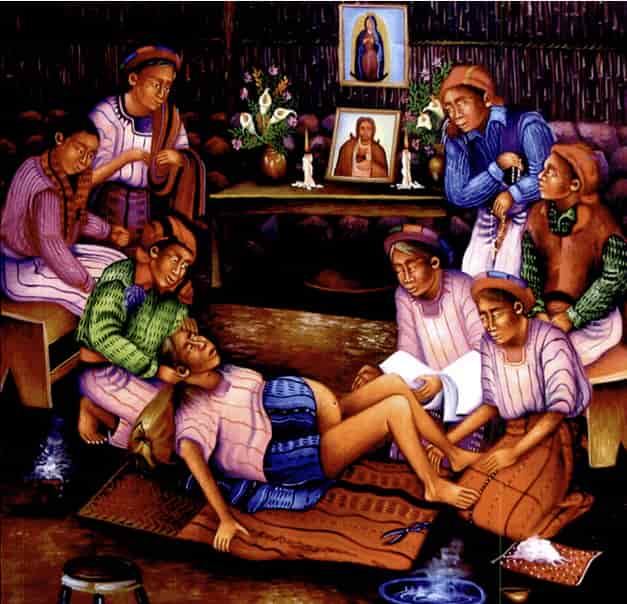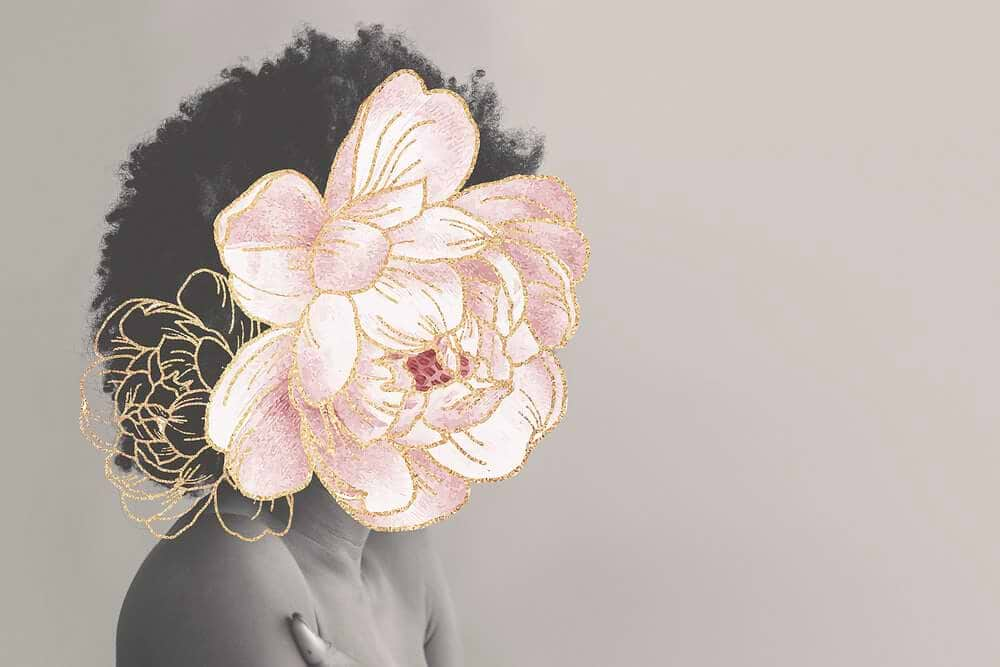This month, we had the pleasure of interviewing Grace Yoon, a Korean American who is delving into Korean herbalism through her multimedia book on Qi Alchemy. Not only is Grace, the founder of Qi Alchemy, tapping into her own family history to introduce ancient Korean medicinal remedies to the modern world, but she is playing a significant role in bridging and sharing Eastern and Western herbalism.
Tell us a little about your background and how you got into herbalism
I am Korean American and grew up with two incredibly wise grandmothers, an Eastern medicine doctor and a farmer. When my parents immigrated to Dallas, Texas, my grandma came along. She longed for her farm back in Korea. She discovered an empty landfill filled with trash and weeds. Each day she would pick up the trash and pull weeds and eventually made it into a community garden, where people would grow and harvest together. I saw the beauty of how she created something from nothing. I would help her grow Korean vegetables and herbs – perilla leaves, Korean radishes, and cucumbers. We made kimchi together and foraged acorns to make acorn jelly. I loved how she brought ancient Korean remedies to everyday life.
Acorn Jelly?!
Yes, Acorn flour has highest protein content in flour.
Describe how you got started on your own professional herbalism journey?
I moved to NYC after college and missed having herbal remedies around. I also had chronic health issues and it was my grandmothers who gave me the herbal remedies that supported my body naturally. NYC is so fast-paced, and self-care is not something you’re really focused on. I was inspired by my grandmother's knowledge and wisdom, I started sharing herbal remedies with my friends in NYC - that’s when I started Qi alchemy.
Tell us about Qi alchemy
I started Qi Alchemy to share Eastern herbalism with friends and colleagues in the west by introducing ancient Korean remedies to the modern world. Qi Alchemy is an herbal brand that sources all its products straight from South Korea. My book The Korean Herbal Apothecary is a mixed-media book on family stories, medicinal and culinary herbs, folklore, and poetry. It is filled with heritage that goes beyond the medicinal benefits of the plants. The brand and book will help to introduce Korean herbal medicine to a whole new group of people on a larger scale. I’m really excited to share my heritage through an herbal lens.
What’s your vision for QI alchemy?
My vision is to bridge and share eastern and western herbalism. Bring Korean herbalism into the mainstream.
Can you pinpoint the difference between western and eastern herbalism?
They are essentially the same, but western herbalism does more tinctures, eastern herbalism does more elixirs, which are water-based. Also, Asian philosophy around medicine in general is different, it’s focused on preventative measures vs. reactionary measures. First, it’s food as medicine. Second, we take herbal medicine before we take any kind of conventional medicine.
How did you get involved with The HerbiCulture Project?
I met Catherine (the founder) at a networking event in Boulder and when she talked about The HerbiCulture Project, I wanted to jump right in. The HerbiCulture Project’s mission is to allow farmers to cultivate traditional herbs and promote their potential as the next cash crop in the long run.Catherine is the type of woman I want to become. She started WishGarden Herbs in the basement of her house when she had little kids, and she turned it into a nationwide brand. She’s a pioneer, she’s a visionary and sees things ahead of her time.
What’s your role there?
I’m currently serving on the board and helping with branding and marketing aspects of the project.
What’s your spirit herb?
Red ginseng. It’s considered the king of all herbs in Korea. We take it on a very regular basis – teas to skin care. I take it in all the forms to help support a healthy inflammatory response and to promote mental focus and stamina. It’s hard to grow and is endangered, so we need to encourage sustainable production.
For educational purposes only. This information has not been evaluated by the Food and Drug Administration. This information is not intended to diagnose, treat, cure, or prevent any disease, or sell any product.
Recommended Products
Further Reading














